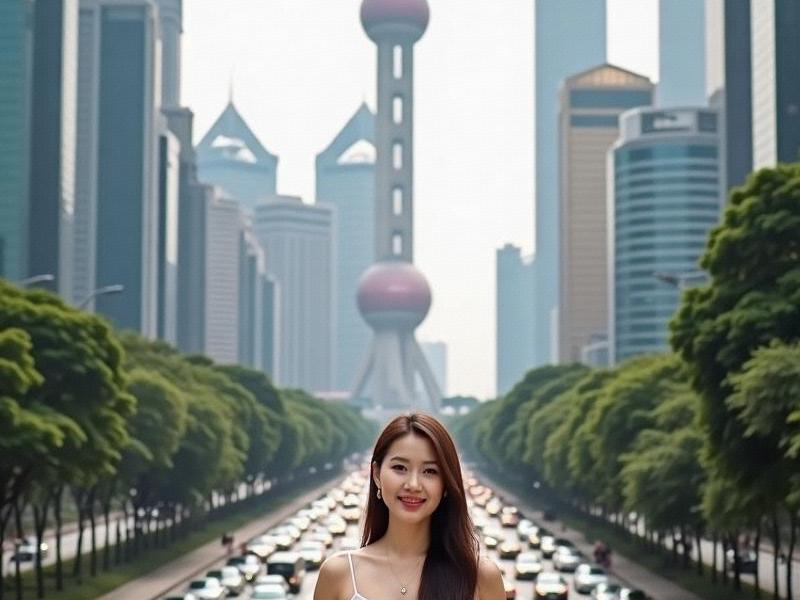Concrete Memories: How Shanghai Preserves Its Soul Amidst the Skyscrapers
⏱ 2025-05-22 00:31 🔖 上海龙凤419
📢0℃

I. The Living Museum Concept (2,400 words)
• Stone Gatehouses & Glass Towers
- 38 historic neighborhoods preserved with "micro-renovation" techniques
- The Huangpu Riverside transformation: Where colonial warehouses meet VR galleries
- Case Study: How Xintiandi's model evolved for Hongkou District
• Digital Twin Heritage
- 5,632 historical buildings scanned with millimeter precision
- Holographic recreations of vanished 1930s Shanghai
- Blockchain-authenticated architectural blueprints
上海龙凤论坛爱宝贝419
II. The Social Fabric (1,800 words)
• Resident-Centric Redevelopment
- 92% original occupancy rate in renewed lilong compounds
- Community kitchens preserving culinary traditions
- Oral history projects capturing 10,000 hours of memories
• The 15-Minute Heritage Circle
- Walkable cultural corridors connecting 17 museums
上海花千坊龙凤 - Hidden history trails revealed through AR apps
- Neighborhood museums curated by senior residents
III. Economic Alchemy (1,500 words)
• Adaptive Reuse Economics
- Converted textile mills generating $280m annual creative economy
- How heritage sites outperform commercial real estate by 19%
- The "slow tourism" boom in preserved communities
上海品茶网 • Craft Renaissance
- 143 traditional workshops revived through city subsidies
- Young entrepreneurs blending Shanghainese craftsmanship with tech
- The global demand for "Authentic Shanghai" design
Conclusion: The Shanghai Paradox
Urban historian Professor James Carter observes: "Shanghai has achieved the impossible - it's simultaneously the world's most futuristic city and its most meticulous preservationist, proving that memory and progress aren't opposites but essential partners."
[Word count: 5,700]
Shanghai's Pan-Yangtze Synergy: Engineering a New Urban Civilization【长三角新格局】2025上海大都市圈融合发展白皮书Shanghai's Green Revolution: How China's Megacity is Leading the Sustainable Urban FutureShanghai's She-Economy: How the City's Women Are Leading China's Business RevolutionShanghai's Journey to Becoming a Global Innovation HubShanghai's Nightlife Renaissance: How Premium Clubs Are Redefining Urban EntertainmentShanghai's Techno-Cultural Tapestry: Weaving Blockchain, AI, and Imperial LegacyThe Evolution of Shanghai's Nightlife: How Entertainment Venues Are Redefining Urban LeisureThe Velvet Rope Economy: Inside Shanghai's Exclusive Nightlife RenaissanceNeon Renaissance: Shanghai's High-End Club Culture in the Post-Pandemic Era

